What is the difference between compost and fertilizer – that is the question!
Many gardeners, especially beginners in that area can be confused when you ask them this question. Don’t be one of them and find out what is it all about.
Are Compost and Fertilizer Are The Same?
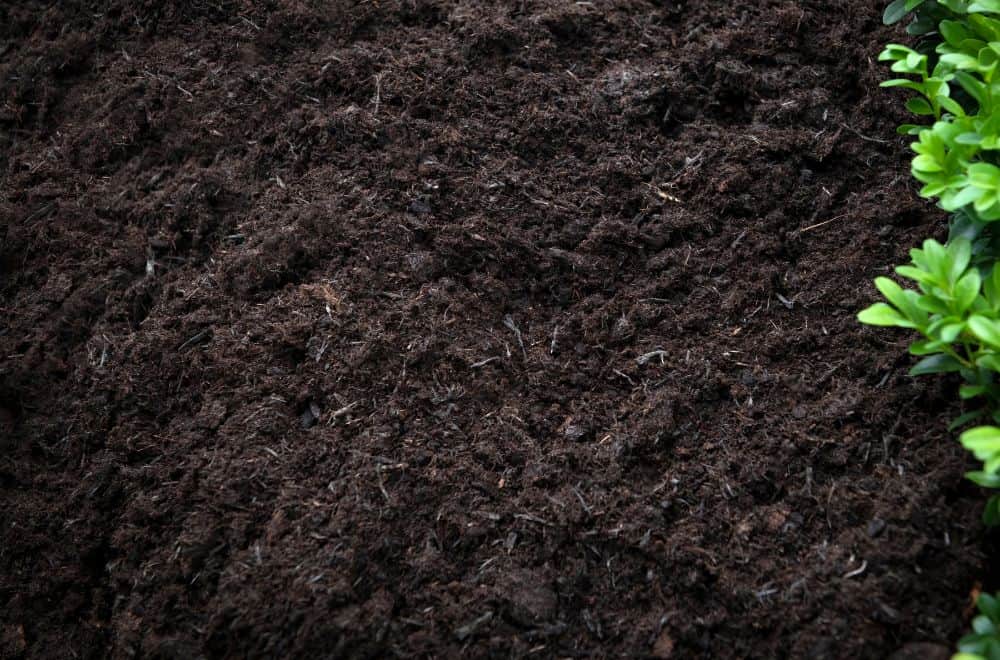
Well, if we ask lawyers, they will claim that there is no legal justification to consider compost you make in your yard as a fertilizer. That is the truth because compost is actually just an organic material made of plants and waste that has decomposed.
On the other hand, every gardener is absolutely sure that their compost is the best fertilizer you can find, and make no difference between these two products. That is also true because compost will add necessary nutrients to the soil of your garden and help your plants to grow healthy and lush – like every other fertilizer.
Let’s find out who is right.
Why Choose or Avoid Compost
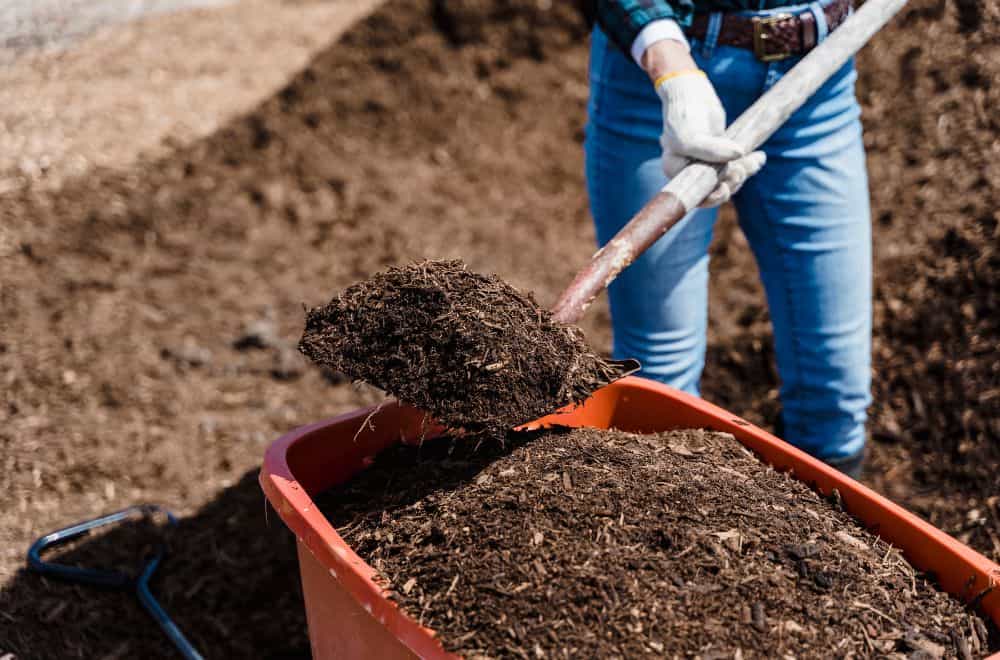
Compost is organic, more or less decomposed material which we get after decaying recycled organic waste. Since it is full of great nutrients, compost is highly beneficial for your plants, plus it reduces the use of chemical fertilizers.
You only should take care to make a proper combination of green (grass clippings, food scraps from your household, coffee grounds) and brown (branches, dry leaves, twigs) ingredients.
The benefits of compost
- It is an entirely organic, environmentally friendly material which improves and enriches the soil structure by increasing the nutrient content in it
- Thanks to continued decomposition (after we get ‘almost finished compost’), it releases nutrients to the soil steady and slowly, usually over a few years
- It improves the structure of sandy soil by helping it retain moisture and increases the ability of drainage of heavy clay soil
- Thanks to earthworms which live in it and make tunnels after moving to the soil, compost helps to raise the level of aeration
- It allows maintaining a desired moisture level in the soil thanks to the ability of water retention and improved drainage
- It acts as a buffer for your plants by changing the pH levels of the soil
- It is vital in protection against erosion and drought
- It improves the quality of your plants and makes them healthier
- Thanks to bacteria from compost, your plants will create antibodies and become more resistant to diseases
- The process of composing will minimize the amount of waste
- It helps with weed control
- If you make your own compost, you don’t need to buy any gardening medium which is a significant saving for the home budget
The disadvantages of compost
- You need a lot of time to make your own compost
- Making it requires hard work
- You need a large amount of material, especially if you have a bigger garden
- It is dirty, messy, and has a bad smell
- Improperly processed, it may contain disease-causing bacteria and other unhealthy elements
Why Choose or Avoid Fertilizer
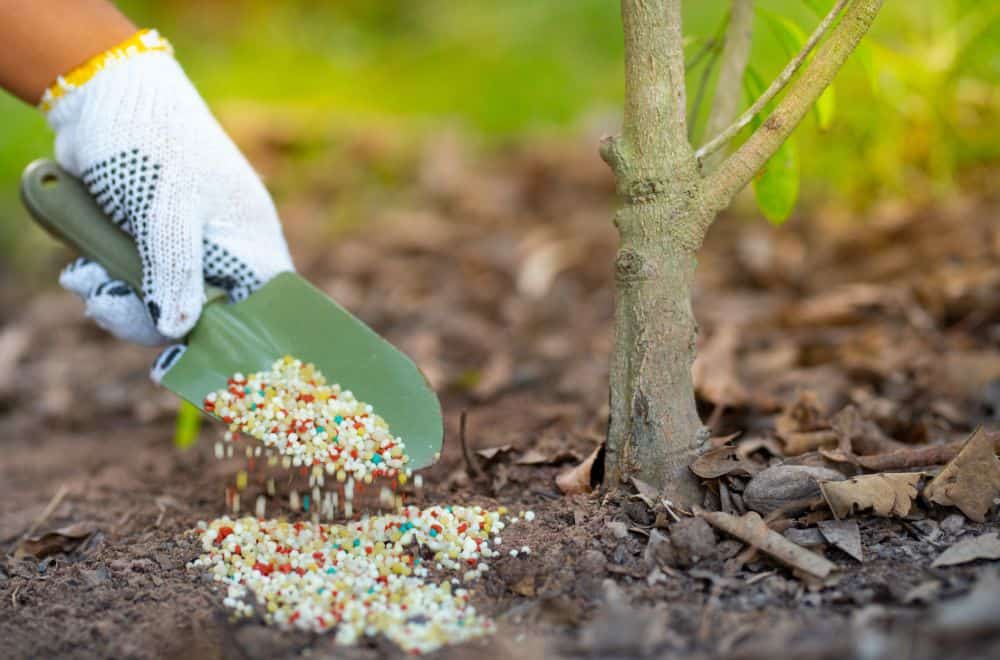
Fertilizer is a chemical-based material (natural or synthetic additive) we use to enhance the growth and fertility of the plants as well as increase the effectiveness of the soil by retention of water.
It contains three targeted nutrients (nitrogen, potassium, and phosphorus) and a combination of other elements (sulfur, calcium, and magnesium) in different proportions you can choose depending on the plant species you grow in your garden.
The benefits of fertilizer
- It is a quick solution to fix problems when your soil is deficient in nutrients
- You can choose organic or synthetic fertilizers as well as fast-release or slow-release ones depending on your preferences and your plants’ needs
- You can pick out a particular fertilizer which will provide nutrients your plants can’t get from the soil
The disadvantages of fertilizer
- It is not a long lasting solution and requires multiple applications over time
- It can’t support all nutrient needs of all plants in your garden because some of the fertilizers are usually created for just specific species
- It is not beneficial for the soil
- The chemicals in fertilizer can disturb the symbiotic relationship of beneficial bacteria and worms in the soil
- If you overuse fertilizers, chemicals may harm the environment, runoff into the nearby river, or release into underground water
- Once in the river, the excess nitrogen may spur the growth of algae and deplete the oxygen supply for fish living there
- It is not an environmentally friendly choice
- It is an expensive solution
Differences between Fertilizer and Compost
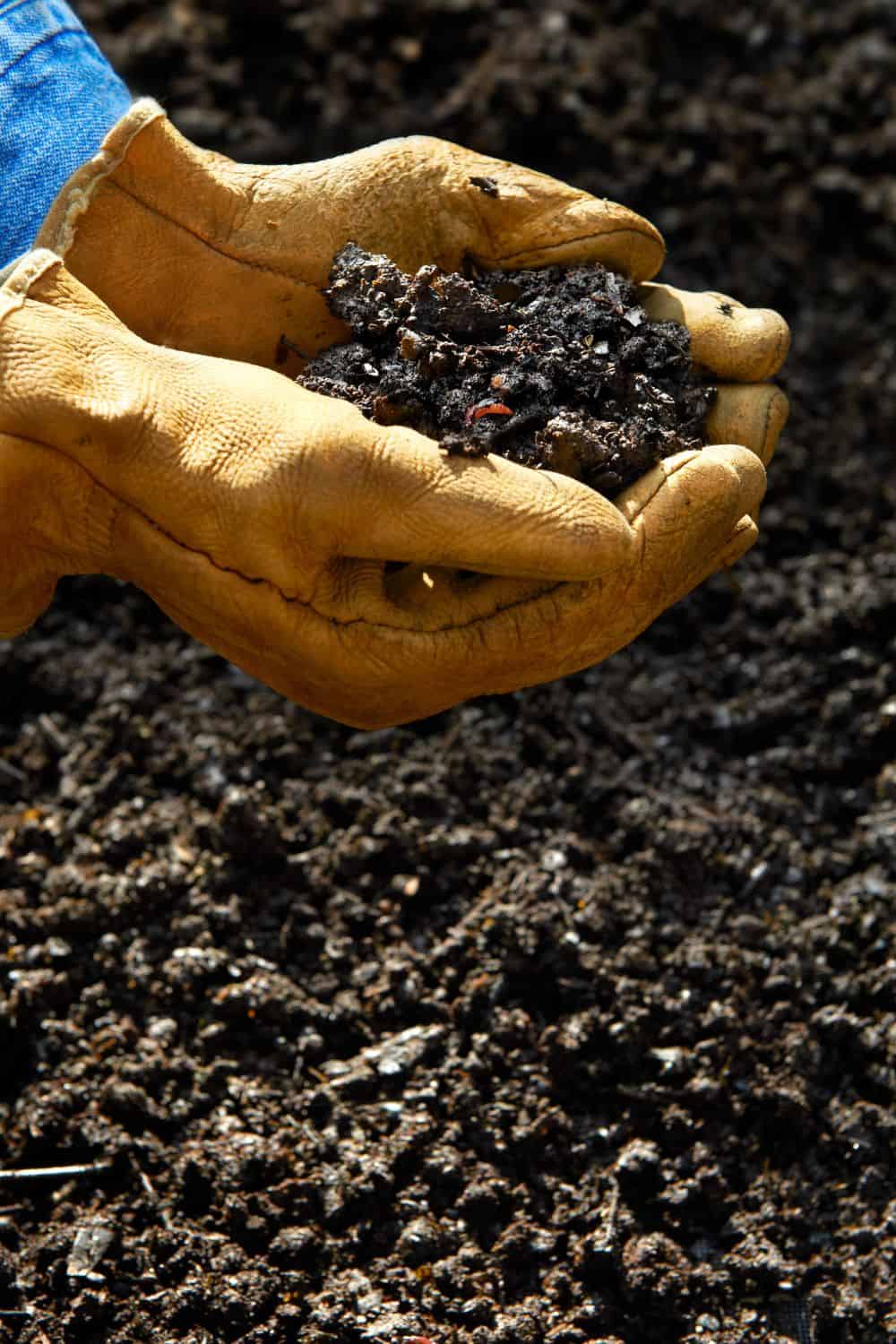
Both compost and fertilizer are beneficial for plants you grow in your garden. To get healthy and thriving plants, you need to provide enough nitrogen, carbon, and other elements for them. Both compost and fertilizer can contain these elements.
That means that it is actually not essential if we consider compost and fertilizer as the same matter or entirely different things. Their purpose is the same. However, if you need some concrete differences, I can give you just a rough one.
In my opinion, you can consider compost as an additive for the soil and fertilizer as an additive for the plants. Compost will work in your soil for years. The purpose of fertilizer is to allow you to get mature plants as fast as possible. That’s it.
Since compost and fertilizer are complementary, you can always add both of them to the soil, and expect them to enhance the effect of each other.
Even though compost enriches the soil, your plants may still lack some minerals (usually calcium and magnesium), and fertilizer will compensate them quickly. Plus, by combining them, you can easily control the level of particular nutrients in your soil.
Is There a Final Verdict?
Fertilizers work quickly and help your plants almost immediately, but they are synthetic products made of chemicals. Compost is an organic material, and you can affect what it will contain.
Also, since waste is its main ingredient, compost is a cheap solution. On the other hand, it takes time to get an excellent one, and it looks and smells terrible, which is a problem, except if you use a compost tumbler.
Both contain nitrogen, potassium, and phosphorus, but you can’t find a fertilizer with all other thirteen nutrients essential for healthy soil. Moreover, compost is full of beneficial bacteria. Fertilizers kill them.
What can I say? If you need a quick solution, choose fertilizer. If you are patient and you are not afraid of hard work, it is better to pick out the compost as a beneficial, long-term solution. Or simply make a winning combination of those two. It’s up to you.
I hope that I have been helpful. Good luck!
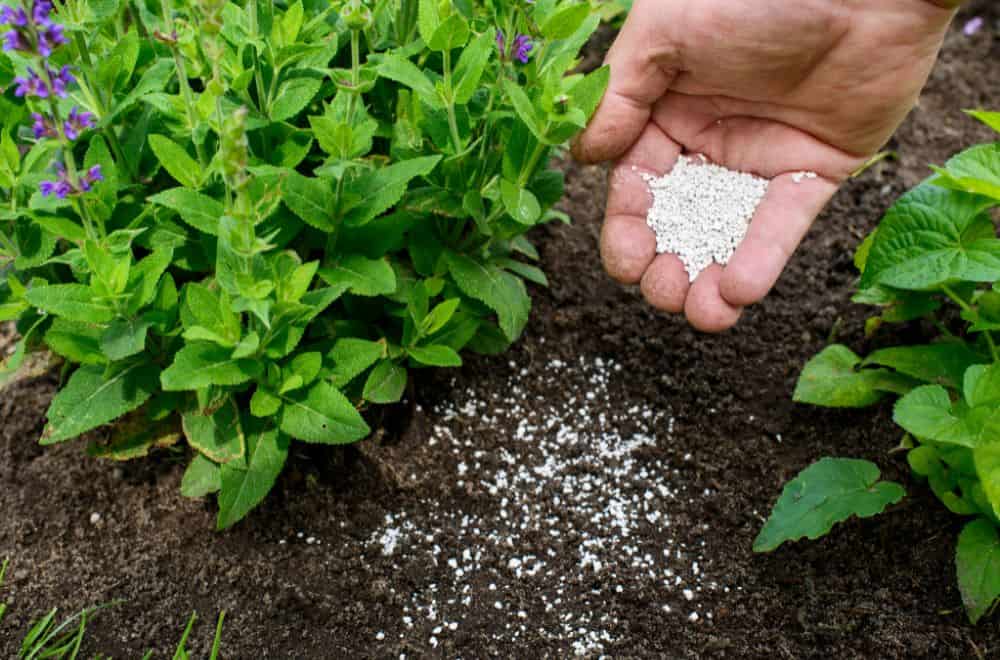
Leave a comment